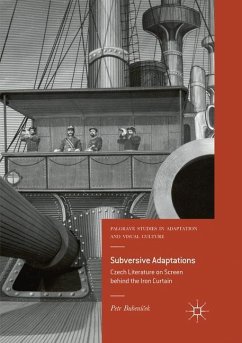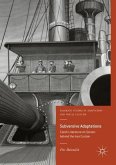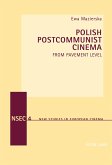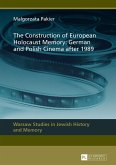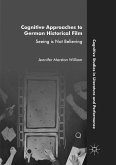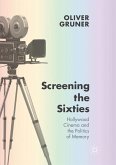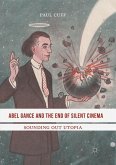This book deals with film adaptations of literary works created in Communist Czechoslovakia between 1954 and 1969, such as The Fabulous World of Jules Verne (Zeman 1958), Marketa Lazarová (Vlácil 1967), and The Joke (Jires 1969). Bubenícek treats a historically significant period around which myths and misinformation have arisen. The book is broad in scope and examines aesthetic, political, social, and cultural issues. It sets out to disprove the notion that the state-controlled film industry behind the Iron Curtain produced only aesthetically uniform works pandering to official ideology. Bubenícek's main aim is to show how the political situation of Communist Czechoslovakia moulded the film adaptations created there, but also how these same works, in turn, shaped the sociocultural conditions of the 1950s and the 1960s.
"Bubenícek's study is a remarkable historian's project, as his introduction focuses on offering a nuanced overview of social thought between 1948 and 1969. ... Bubenícek's entire volume is, indeed, structured this way. Its great merit lies in the broad, well-documented historical overview it proposes, combined with the masterly interpretation of both literary and cinematic techniques." (Maria Chiorean, Metacritic Journal for Comparative Studies and Theory, Vol. 5 (1), July, 2019)
"Throughout this tour of post-war Czech cinema, Bubenícek is an urbane, perceptive, and exceptionally well-informed guide. He is a rewardingly subtle analyst of his country's political history, its literary and cinematic landmarks, and especially the visual and auditory texture of the films in which he takes such contagious delight. ... Bubenícek's expositions are as illuminating as they are thorough ... ." (Thomas Leitch, Adaptation, Vol. 11 (03), 2018)
"Throughout this tour of post-war Czech cinema, Bubenícek is an urbane, perceptive, and exceptionally well-informed guide. He is a rewardingly subtle analyst of his country's political history, its literary and cinematic landmarks, and especially the visual and auditory texture of the films in which he takes such contagious delight. ... Bubenícek's expositions are as illuminating as they are thorough ... ." (Thomas Leitch, Adaptation, Vol. 11 (03), 2018)

